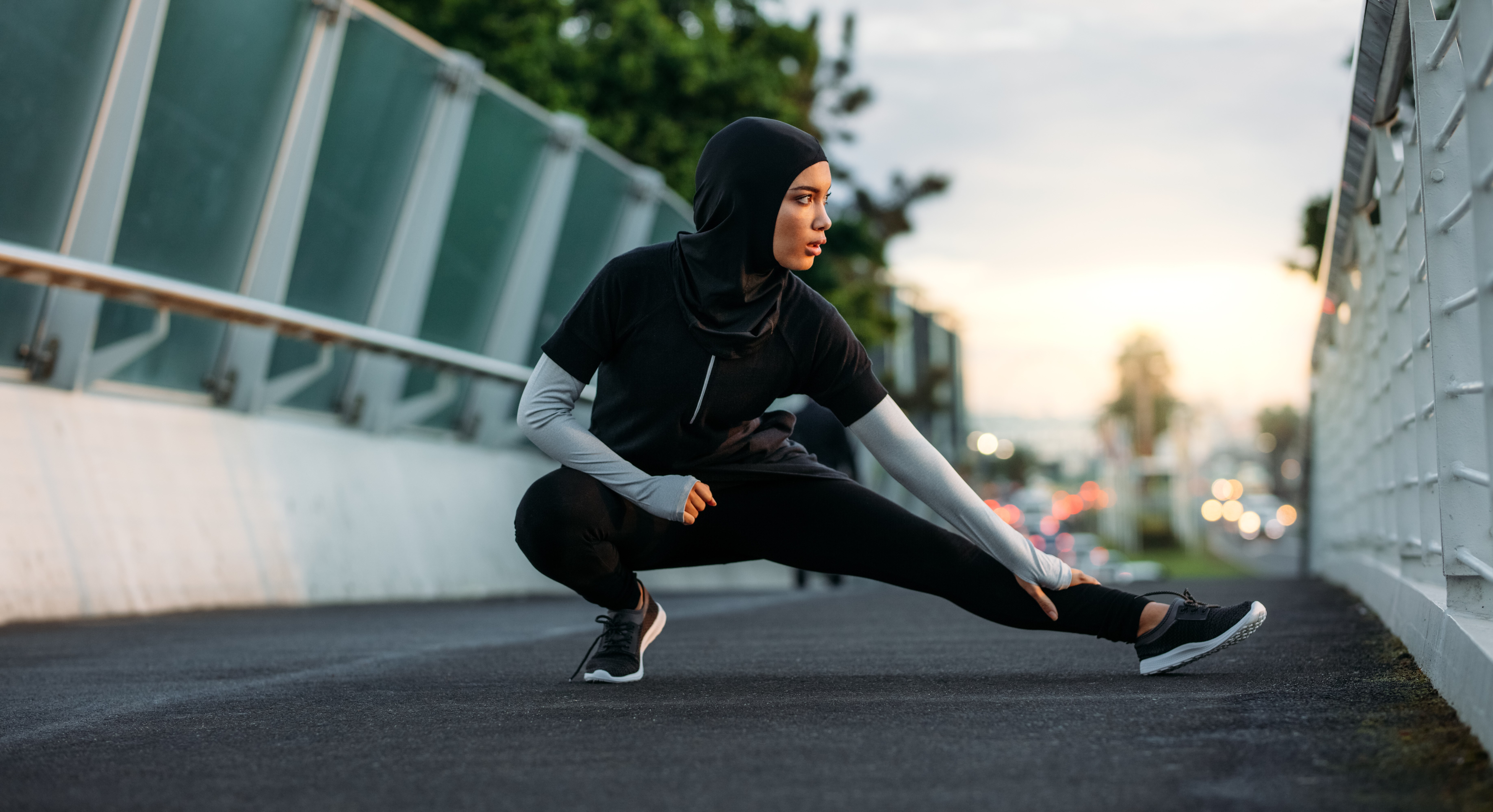Your 30 Nights - Automate your donations over the blessed 30 Nights of Ramadan so you don't miss Laylatul Qadr.
Schedule your donationsYour 30 Nights - Automate your donations over the blessed 30 Nights of Ramadan.
Schedule your donationsYour 30 Nights - Automate your donations over the blessed 30 Nights of Ramadan so you don't miss Laylatul Qadr.
Schedule your donationsYour 30 Nights - Automate your donations over the blessed 30 Nights of Ramadan.
Schedule your donations18th May 2020
by Musa Bukhari

When we think of Ramadan, we often think of the abstinence from food and drink. We think of the iftars, taraweeh prayers, and reading the Qur'an. Although, all of these virtuous acts of 'ibadah are incredibly important and rewarding, taking care of our physical health in this Ramadan, is just as important. After all, the more we look after our bodies, the more energised our bodies will be for 'ibadah.
The current pandemic of the coronavirus affecting the entire world and, we in the UK, have been under lockdown for more than 6 weeks. This can take a huge toll not only on our bodies but also on our mental health.
We know it can be very hard to maintain our physical health during Ramadan in lockdown. Since the restrictions have been eased a little, allowing you to exercise for more than 1 hour a day, we’ve compiled a list of ways to maximise your Ramadan and maintain a healthy body.
Eating healthy this month is more crucial than ever. One of the ways to ensure we are healthy is to strengthen our immune systems. This is essential in fighting Covid-19. Eat a healthy meal during suhoor and when breaking your fast at iftar, will help tremendously during the day.
Incorporating fruits and vegetables in your suhoor and iftar helps keep you more energised and focused during the day. It will also help with your mental health, considering the impact this test is having on us, eating healthy directly correlates with how you feel inwards.
Before you close your fast, take a spoon of honey and sprinkle some black seeds onto it as the Prophet (PBUH) said:
Here are a few simple fitness tips you can try:
Note that all workouts should be kept between 30 to 60 minutes, and cardiovascular exercises should be limited to twice a week. You should avoid heavy exercises such as running and heavy weight training, but light exercises such as push-ups, Pilates, cycling, and full-body stretching are encouraged.
Regardless of whether you're exercising before or after iftar, if you begin to feel lightheaded, dizzy, or sick, it is best stop and rest immediately.
May Allah bless our Ramadan, protect our health, give us strong immune systems, and allow us to flourish in this beautiful month.